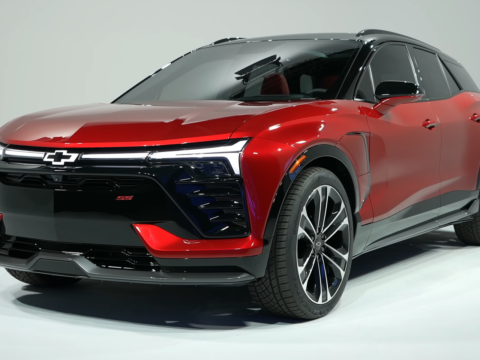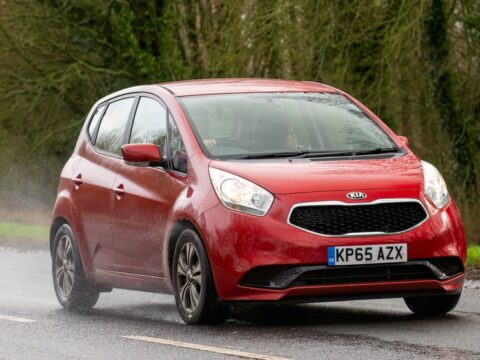As electric vehicles (EVs) become more popular, the cost of owning one can vary significantly depending on where you live. While EVs are known for being eco-friendly and saving on gas, certain states have higher electricity rates, insurance premiums, and registration fees that can make owning an EV more expensive than you might expect. Let’s explore the 17 most expensive states to own an electric vehicle, highlighting the factors that drive up costs in each one.
Contents
Hawaii

Hawaii tops the list due to its sky-high electricity rates, which can soar above $0.30 per kilowatt-hour—more than twice the national average. This makes charging an EV exceptionally costly. Furthermore, the island’s remote geography inflates shipping fees for both vehicles and parts, driving up overall ownership expenses. Add in limited charging infrastructure, and it’s no wonder owning an electric vehicle in Hawaii is significantly more expensive than in other states.
California

Despite its green reputation, California is one of the priciest states for electric vehicle ownership. Electricity prices hover around $0.23 per kilowatt-hour, and the cost of installing home chargers in pricey real estate markets adds to the burden. Insurance premiums in the state are among the highest in the nation, making EVs more expensive to insure. Even though California offers a robust incentive program, high vehicle registration fees and congestion-related public charging costs significantly raise the cost of ownership.
New York
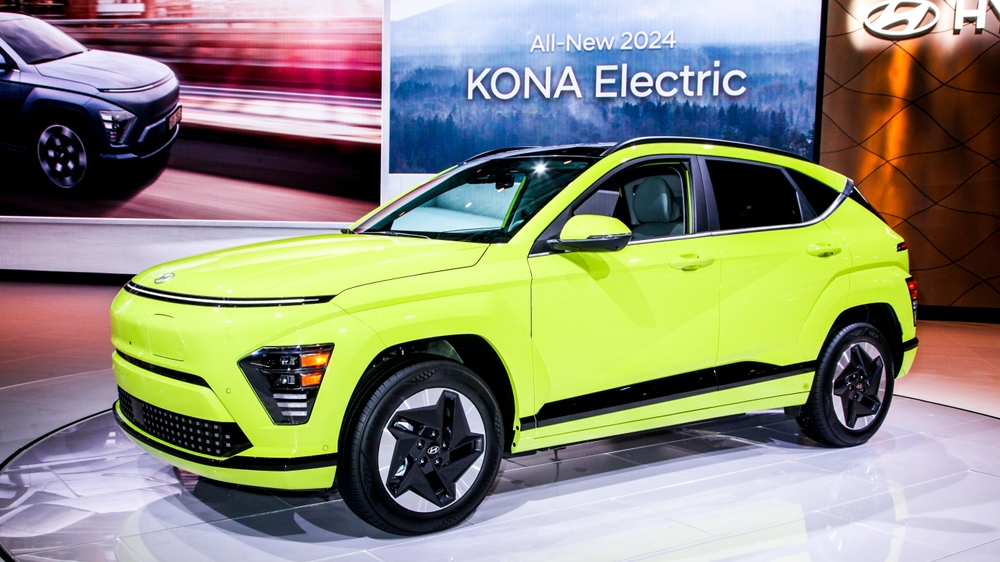
New York’s high electricity prices—especially in New York City, where rates can exceed $0.20 per kilowatt-hour—make EV ownership more expensive. Insurance costs and registration fees are also notably higher than in other states. While there are state incentives for purchasing electric vehicles, they often fall short of compensating for these elevated expenses. Charging infrastructure, though growing, is unevenly distributed, making it harder for residents outside major cities to access affordable charging.
Massachusetts

In Massachusetts, electricity rates are steep, averaging around $0.23 per kilowatt-hour, which significantly impacts EV charging costs. Additionally, the state’s notoriously high insurance premiums further drive up the total cost of owning an electric vehicle. Public charging stations, though increasingly available, are still limited in rural areas, forcing residents to rely on costly home installations. Though the state offers rebates, they don’t always make up for the high ongoing expenses tied to EV ownership here.
Connecticut
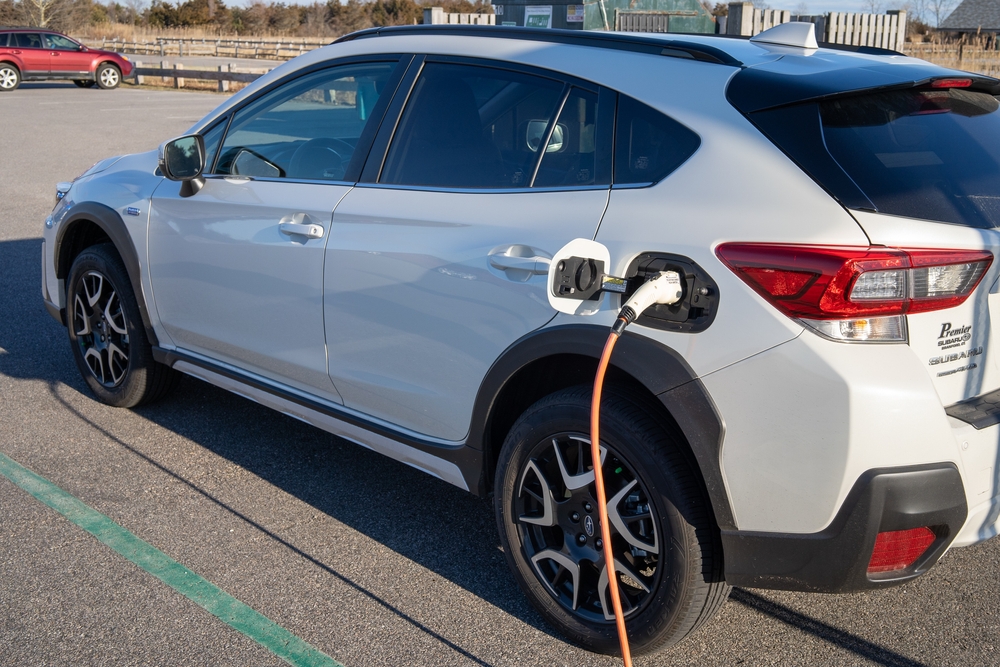
Connecticut is another state where the cost of electricity—about $0.24 per kilowatt-hour—hits EV owners hard. Vehicle registration fees are also higher compared to many other states, further adding to the financial burden. While Connecticut provides some incentives for electric vehicle purchases, the combination of high insurance premiums and limited public charging infrastructure raises the overall cost of ownership.
Vermont

Vermont’s cold winters affect the performance of electric vehicle batteries, which means more frequent charging and increased costs. Electricity rates in the state, averaging $0.20 per kilowatt-hour, add to these expenses. Insurance premiums and registration fees also tend to be higher in Vermont than in many other states. While Vermont does offer incentives for EV purchases and charging stations, the savings are often outweighed by the ongoing costs of owning and maintaining an electric vehicle.
Maryland

Electric vehicle ownership in Maryland comes with a high price tag, driven by electricity rates averaging $0.17 per kilowatt-hour and high insurance premiums. The state also imposes steep vehicle registration fees, which disproportionately affect EV owners. Although Maryland offers rebates for EV purchases, the costs associated with charging infrastructure—both public and home-based—remain high.
New Jersey

While New Jersey doesn’t charge sales tax on electric vehicle purchases, the state’s high insurance premiums and electricity costs still make it one of the more expensive places to own an EV. Electricity prices, around $0.16 per kilowatt-hour, are slightly above the national average, and insurance rates are among the highest in the country. Though the state has made strides in expanding charging infrastructure, the cost of installing home chargers remains a significant expense. As a result, the savings from sales tax exemptions are often negated by other high ownership costs.
Washington D.C.

In Washington D.C., owning an electric vehicle can be particularly costly due to high electricity rates and the steep cost of installing home chargers. The city’s insurance premiums are also among the highest in the country, further increasing the financial burden on EV owners. Public charging stations are available but often come with premium pricing due to high demand. While D.C. offers some incentives, the overall high cost of living in the nation’s capital makes electric vehicle ownership an expensive endeavor.
Delaware
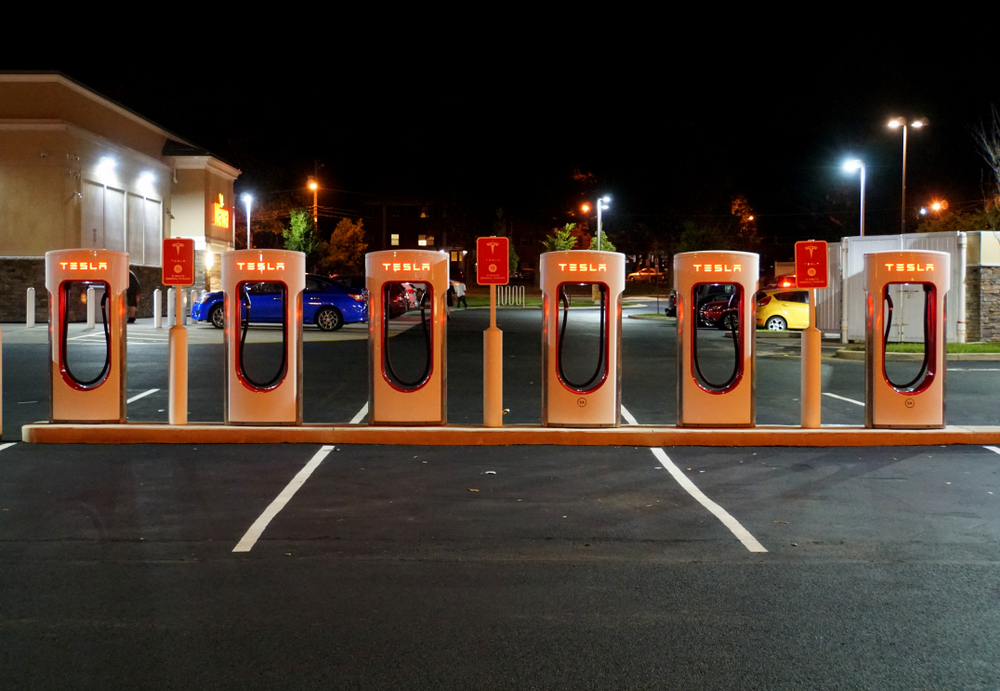
Delaware’s high electricity prices, which hover around $0.15 per kilowatt-hour, contribute to the elevated cost of owning an electric vehicle. Insurance premiums are also higher in areas close to major cities like Philadelphia, which impacts Delaware residents. Although the state offers incentives, the cost of installing home charging stations and the limited availability of public chargers in rural areas further inflate ownership expenses. Many EV owners find that the savings from tax breaks don’t make up for these ongoing costs.
Illinois
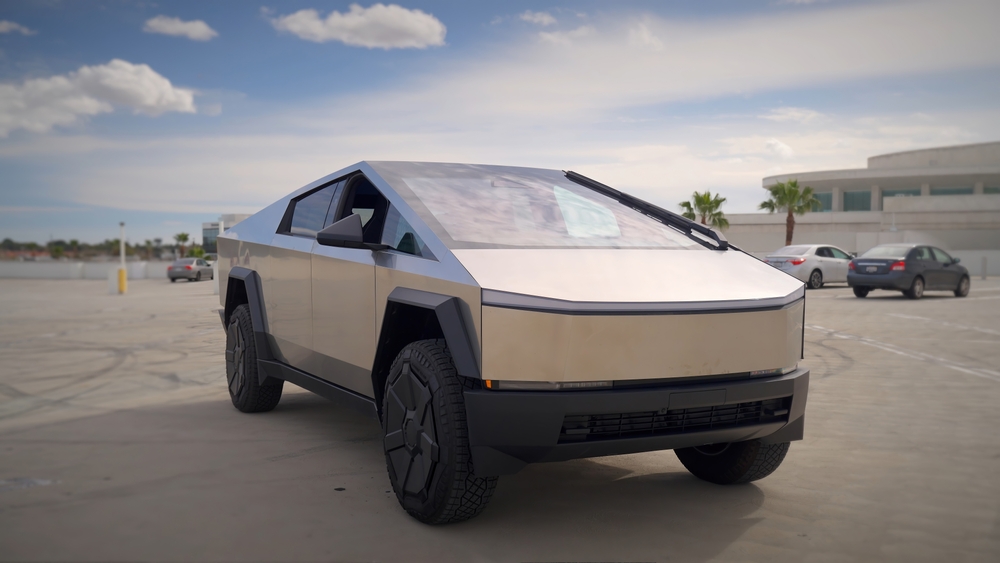
Illinois is a costly state for electric vehicle ownership, with high insurance premiums and vehicle registration fees playing a major role. While electricity costs are moderate, the expense of installing and maintaining charging infrastructure at home adds to the financial burden. Chicago’s notoriously high fees for vehicle ownership, including emissions testing and parking, further increase the cost of owning an EV. Though the state offers some incentives, they aren’t enough to significantly reduce these costs.
Pennsylvania
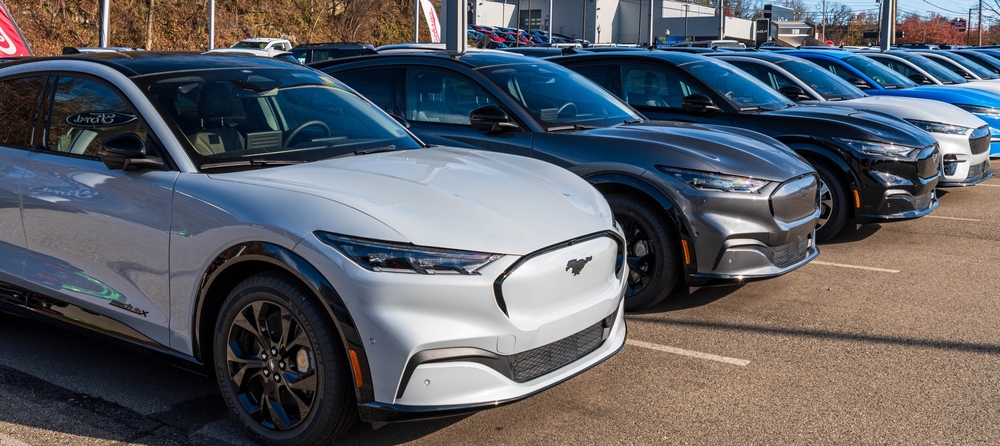
In Pennsylvania, owning an electric vehicle can be quite expensive due to high electricity rates, which average $0.14 per kilowatt-hour. Insurance premiums and registration fees are also on the higher end, particularly in urban centers like Philadelphia. Charging infrastructure is still being developed, which forces many EV owners to rely on home charging setups, driving up costs. Though there are state rebates available, they often don’t offset the financial burden placed on EV owners in the state.
Nevada

Nevada is one of the more expensive states for EV ownership, partly due to its high electricity costs, which average $0.13 per kilowatt-hour. Insurance premiums are also high, especially in cities like Las Vegas, where congestion increases the risk of accidents. The state’s expansive geography means long-distance EV travel often requires multiple charging stops, adding to operational costs.
Maine

Maine’s cold winters and high electricity rates, which average $0.16 per kilowatt-hour, make owning an electric vehicle a costly proposition. The state’s rural nature also limits access to public charging infrastructure, making home setups necessary and expensive. Additionally, the cold weather reduces battery efficiency, forcing more frequent charging sessions, which increases the overall cost of ownership. While Maine offers some incentives for EVs, they don’t fully cover the elevated costs tied to weather and infrastructure limitations.
Colorado
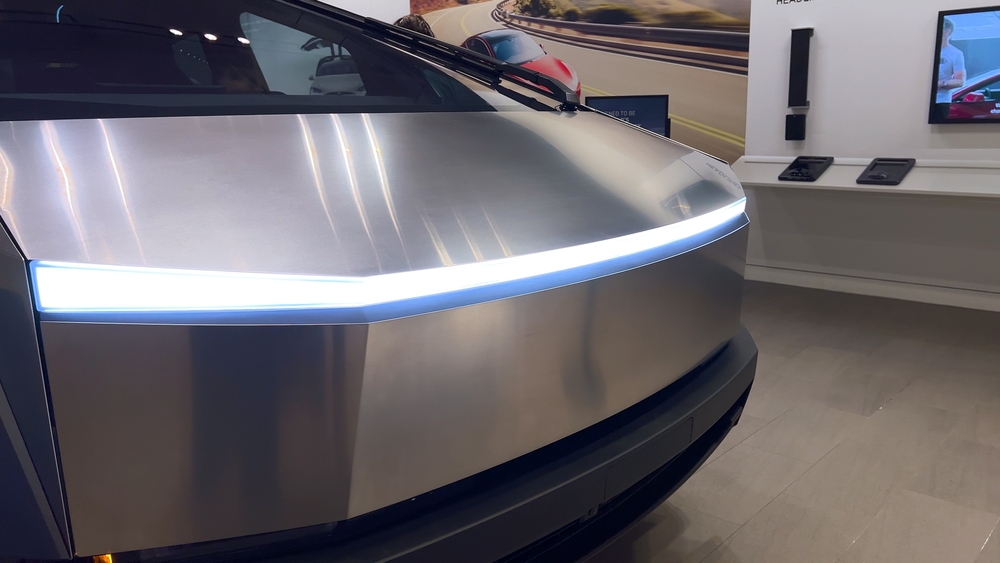
Colorado’s cost of living, coupled with high vehicle registration fees and insurance premiums, makes it one of the more expensive states for EV owners. Although electricity prices are moderate, the cost of installing a home charging system—especially in rural or mountainous areas—can be substantial. Colorado’s fluctuating weather also impacts battery performance, leading to more frequent and expensive charges.
Florida

Florida may not have the highest electricity prices, but its high insurance premiums and vehicle registration fees make EV ownership more costly. The state’s warm climate is favorable for battery longevity, but the frequent risk of hurricanes and flooding drives up insurance costs. Public charging stations are expanding, but they’re still relatively limited compared to the rising number of EVs on the road. This forces many residents to invest in home charging systems, adding to the expense.
Texas

In Texas, electric vehicle ownership is burdened by high vehicle registration fees and rising electricity prices, especially during peak demand periods. Insurance premiums can be particularly steep in urban areas like Houston and Dallas, further driving up costs. Texas’ large size means long-distance travel often requires frequent charging stops, adding to operational expenses. While the state offers some incentives, the lack of robust charging infrastructure in rural areas further complicates ownership, making Texas one of the most expensive states for EVs.
This article originally appeared in MyCarMakesNoise.
More from MyCarMakesNoise
16 Downsides of Using Diesel Engines in Everyday Vehicles
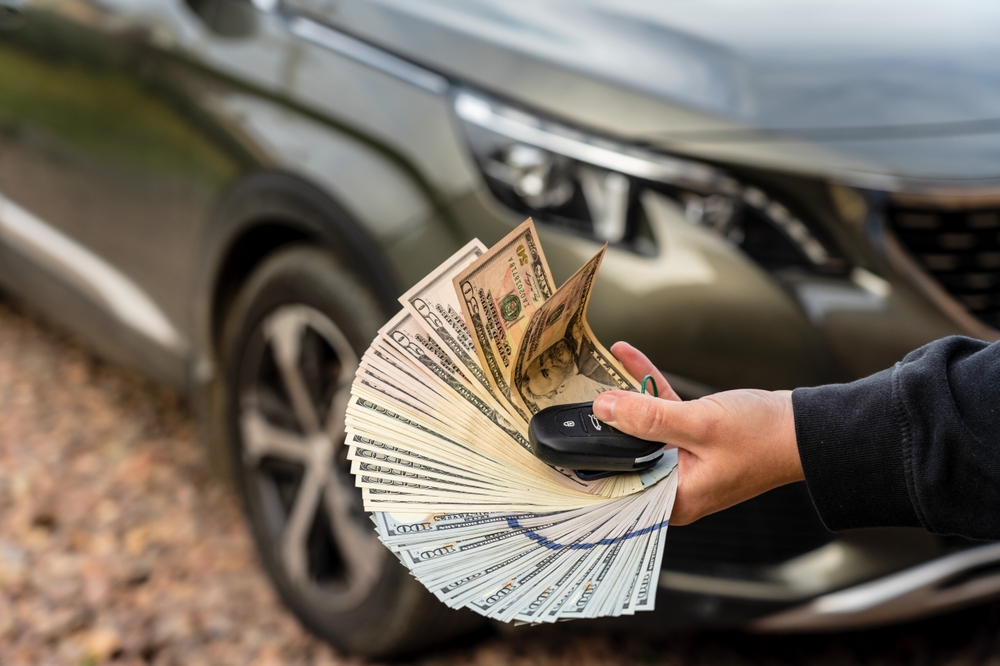
While diesel engines are known for their durability and fuel efficiency, they come with several drawbacks that make them less ideal for everyday vehicles. From higher maintenance costs to environmental concerns, these issues can outweigh the benefits for many drivers. Read More.
8 Famous Limousines from Hollywood Blockbusters
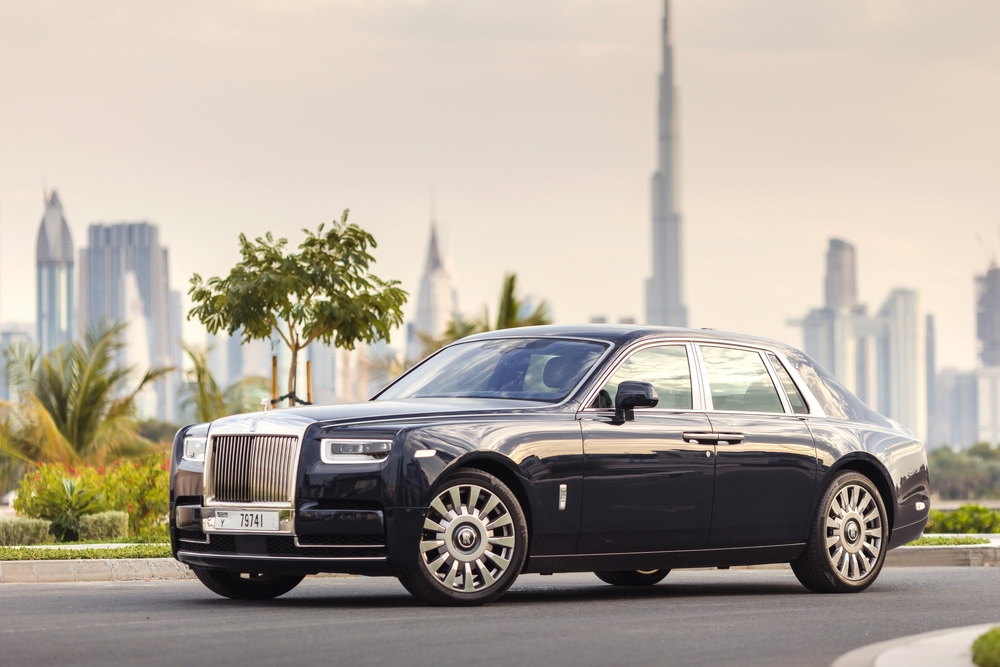
Limousines have long been a symbol of luxury and power, making them the perfect vehicles for memorable moments in Hollywood blockbusters. From sleek, high-tech rides to extravagant, custom designs, these limos add flair and character to the films they appear in. Read More.
17 Common Car Buying Mistakes That Drain Your Wallet

Buying a car is a significant investment, and making mistakes can cost you a lot of money. In this article, we’ll highlight the 17 biggest car buying mistakes you should avoid. Read More.


